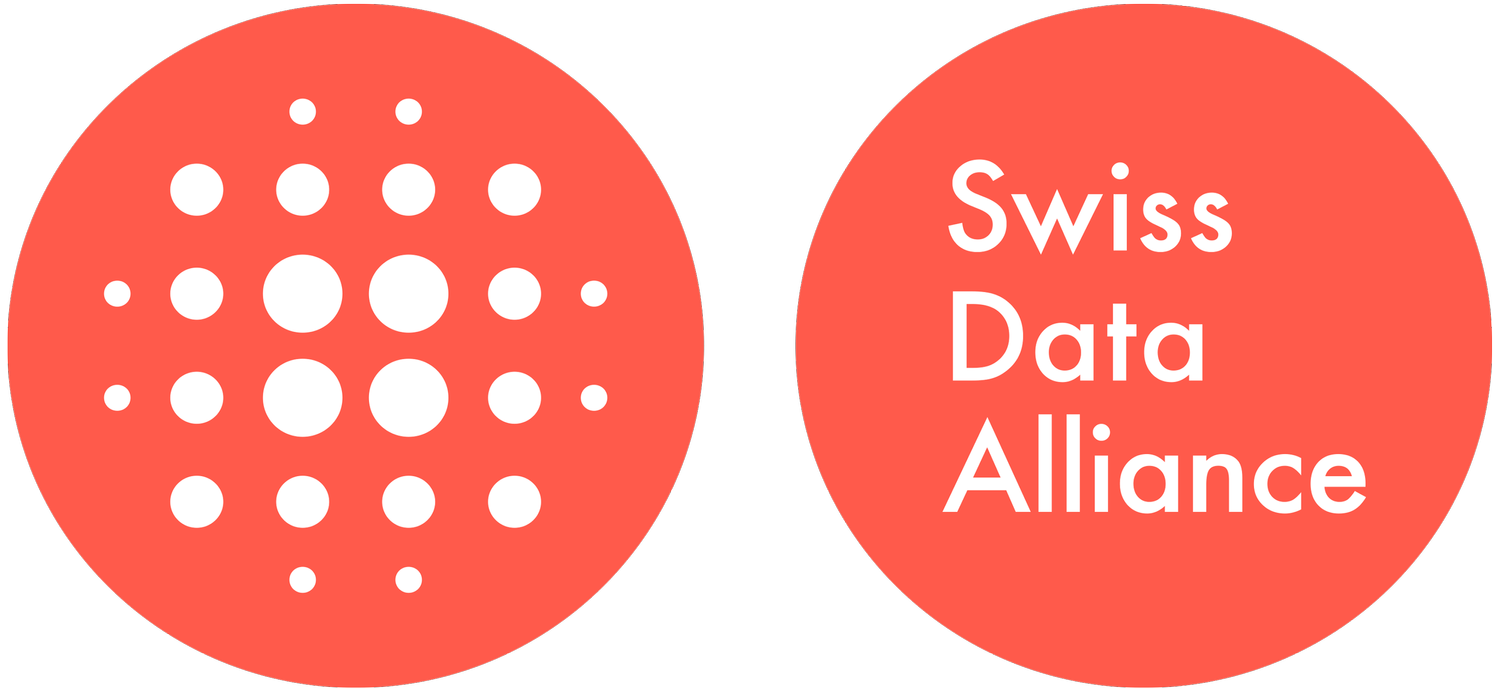Digital sovereignty: why the term "independence" doesn't help
There are numerous positional references that translate or equate "digital sovereignty" with "independence". However, the concept of independence does not go any further.
The reference to the concept of "sovereign equality" in the UN Charter already shows that the concept of independence must have a very narrowly understood meaning when describing the relationship between states. In international law, the term "political independence" (Art. 2 No. 4 UN Charter) means the absence of a body that is superior to the self-determined elected bodies. If one meant complete self-governance, one would have to say so. In fact, most position references in connection with digital sovereignty also emphasize that it is not about self-sufficiency when independence is declared to be the goal. However, it remains unclear which conceptual residue is meant by the term independence.
Part of everyday life
Anyone wishing to purchase or use technology can use the well-known practitioner model "CIA" for planning technology(Confidentiality, Integrity, Availability) as a guide. In this model, independence in the sense of ensuring business continuity is reflected in the "Availability" checkpoint (availability of systems and data). Planning the use of technology is part of everyday life. The reduction of dependencies can therefore be an important goal in the context of everyday organization.
However, independence as a term is too vague to be useful in the discussion about digital sovereignty. If anything, the opposite term - dependence - should be used. Total dependence from outside can render us incapable of acting, but "a little" dependence hardly ever renders us incapable of acting.
This does not mean that you should not tackle addictions. You want to have your dependencies under control: Dependency can be a risk that needs to be mitigated with suitable measures. Diversity of methods applies here.
Example of public procurement
Dependencies can certainly be taken into account in the context of tenders. Too much dependency can be a quality defect that can be assessed as part of the award criteria. However, dependency is not an exclusion criterion, as every decision is based on dependencies. The more or less of the dependency must therefore be evaluated and weighted, provided that dependency is significant with regard to the object of procurement. Whether this significance exists must be answered from the perspective of everyday design.
It cannot be completely ruled out here that dependencies can have an institutionally detrimental effect. The day-to-day organization and responsibility for this remains with the respective office. If a central office were to be set up to examine systemic effects - e.g. at departmental level - it would not intervene in individual procurement decisions. However, centralized knowledge (to be kept secret and in need of protection as it is relevant to security) can protect against systemic risks. We should remain objective in all of this. Only potentially conceivable fears should be dealt with differently than concrete and imminent risks.
This text is an excerpt from the whitepaper "Digital Sovereignty".









